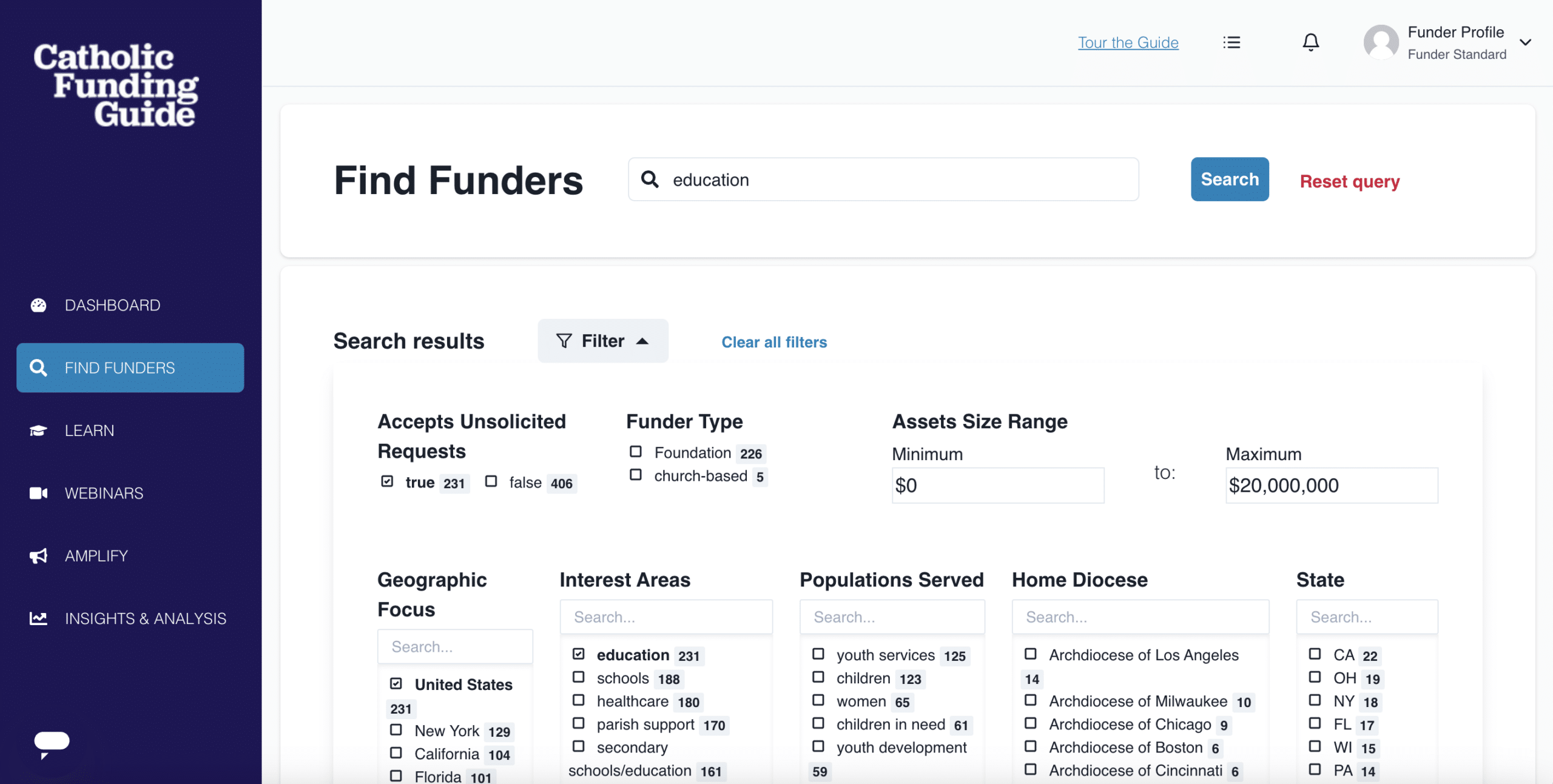Funding for Nonprofit Startups: Risk Assessment & Perspective
Perhaps the biggest concern of philanthropists when supporting nonprofit startups is the likelihood of the organization’s long-term success. All investments and financial gifts involve some level of risk. Gifts to nonprofit startups often carry a greater degree of risk, as illustrated by these two statistics:.
“Only around 50% of nonprofits are successful. According to the National Center for Charitable Statistics, about 30% of nonprofits will cease to exist after ten years.”
Despite these statistics, nonprofits do important work and many are dedicated to long-term sustainability and success. A nonprofit with a strong business plan can mitigate risk and is more likely to succeed. Supporting a startup may be worthwhile to you because you desire to make an impact, fill a need in your community, or other reasons that may outweigh the risk in your assessment.
Does Funding a Nonprofit Startup Fit Your Philanthropy Goals?
After weighing the risk involved with funding a startup, the next step is to determine if supporting a startup aligns with your goals. As with any investment, your own values and goals will help you determine if this is an endeavor you want to pursue.
As you analyze whether this is in line with your goals, there are three key questions to ask yourself:
- How will you support the startup—by gift or investment? If you make a gift to the startup, you won’t get a financial return. However, investing at this early stage may not be feasible, or for tax purposes or other reasons, you may prefer to make an outright gift. Oftentimes nonprofits that are just starting up need more support from gifts in order to get up and running, and eventually become sustainable. Some of the typical criteria for grant making may not apply or be a good fit for startup nonprofits.
- How will you designate your gift? Will you provide an unrestricted gift or a grant towards a specific project or initiative? Although many philanthropists opt to designate grants for a specific purpose, an unrestricted grant may be more beneficial for a startup. Have a discussion with your contact at the startup to clarify how you can best meet their needs while meeting your philanthropy goals.
- If investment, what kind of return do you expect, if any? You may not get a big return on investment financially. However, funding a nonprofit startup may bring intangible benefits (such as new connections and knowing you made an impact) and be in line with your personal and financial goals.
Find the Right Nonprofit Startup
Once you have determined that funding a startup is right for you, it’s time to find the right startup. Often, philanthropists find new nonprofits through networking.
If you are still searching for the right nonprofit, you can also use Amplify, a platform on The Catholic Funding Guide, to search for initiatives. This platform allows grantseekers to post projects in need of funding so you can search for a good match. Some of the nonprofits that subscribe to Guide are startups, or launching innovative initiatives; you can learn about their work and connect with them through the platform.
Key Considerations to Assess the Startup
The following questions and points to consider will help you determine which nonprofit on your list, if any, is a good match for you.
Initial Questions & Assessment
Here are some of the first topics you should cover:
- Ask the startup team some introductory questions to get to know them. See if you click with the founder and the team. Getting to know the team can give you a good feel for whether this is a connection worth pursuing.
- Analyze their business plan, fundraising plan, marketing plan, etc. Don’t be afraid to ask a lot of questions. Their level of preparedness and business acumen will help you determine whether to move forward.
- Offer advice and input when asked or if situationally appropriate while respecting their expertise.
- Explain what you expect to be your return on investment, or what outcomes you would like to see. Ask how they intend to measure progress and outcomes, and if your expectations line up with theirs.
- Assess how well they know the other nonprofits in the area and how they differentiate themselves. Can they work together with other nonprofits and organizations in the community to achieve common goals?
Digging Deeper
In addition to the initial questions above, there are some operational aspects you’ll want to take into account that can affect your decision:
- What size nonprofit will this be?
- What are the founder’s qualifications?
- Is the team receptive to feedback? Do they seem dedicated?
- Does the nonprofit have other funders invested (or other sources of revenue)?
- Does the organization seem very mission-focused? (Nonprofits that are unfocused or have too broad of a mission may struggle significantly more than nonprofits with a clear focus.)
- Does the team and nonprofit mission statement demonstrate values that align with yours?
- Does the nonprofit have…
- A 501(c)(3) status (or are they in the process of obtaining it)?
- A solid business plan, fundraising strategy, and program implementation plan?
- A strong mission statement?
- A competent, driven team?
- Clear, specific goals?
- A deep understanding of the root cause of the problem they are trying to solve, as well as the challenges they might face?
- A thorough understanding of the other nonprofits in the area that do similar work and the willingness to partner or collaborate if they find the right opportunity?
- Do they have a ‘pilot program’ in place, and a solid plan for this program, including a way to track outcomes?
Personal Considerations
The decision to fund a startup nonprofit requires you to ask yourself some questions, too:
- Do you, as a funder, have a long term interest in this organization and/or the work they do, or the work of their partner organizations?
- Do you care about the issue they’re working to solve, or related issues?
- Are you planning to have an ongoing relationship with this nonprofit?
- What stake do you have in this nonprofit, and are you comfortable with that?
- Are you a donor or an investor? If an investor, what will be your return on investment, how would you determine ROI, and what ROI is reasonable?
Depending on your answers and your assessment of the nonprofit’s ability to perform its mission, you can evaluate the amount of risk and determine whether you are comfortable supporting this startup.
Sign up for a free funder account to browse Catholic projects and initiatives on Amplify.


